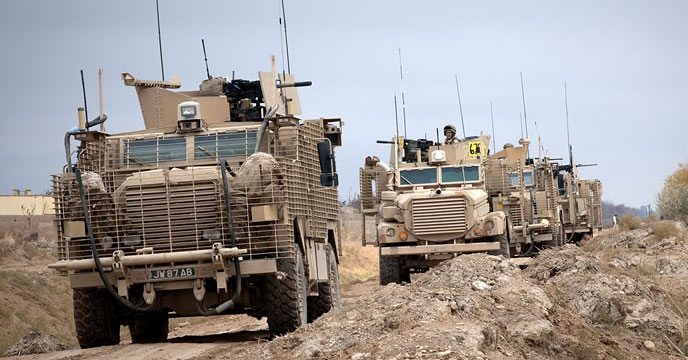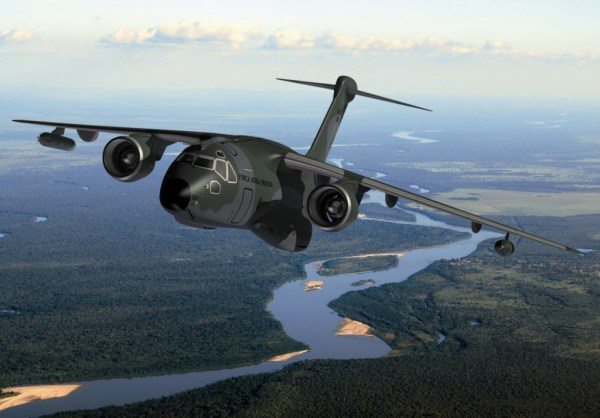BAE Systems has delivered improved versions of the Scimitar recce vehicle family with tougher new hulls and a range of other upgrades. The first vehicles are now providing improved crew protection for British Army crews in Afghanistan.
Five variants of the CVR(T) (Combat Vehicle Reconnaissance –Tracked) family are being upgraded to the Mk 2 standard as part of this fast-moving and cost-effective Urgent Operational Requirement (UOR) programme. In addition to the Scimitar Mk 2 reconnaissance vehicle, the supporting Spartan troop carrier, Samson repair & recovery, Sultan command post and Samaritan ambulance are being re-hulled at a total cost of less than £30m.
The new Telford design, based on the Spartan hull, is fabricated from aluminium at BAE Systems’ Wolverhampton site and incorporates a range of design changes to improve mine blast protection, improve vehicle maintainability and reduce support costs while minimising weight growth.
A major safety feature is the improved driver egress.
“In addition to the change in material, the new hull for the Scimitar Mk 2 is based on the Spartan variant,” explains project manager Pete Hallows. “This change gives vital extra headroom within the driver’s area to fit a blast attenuation seat, while providing an additional escape route through the new rear door.
Hallows adds: “The modern alloy also enhances corrosion resistance, which means reduced maintenance and therefore reduced through-life costs.”
News of the upgrade follows a programme announced in June called Warrior Theatre Entry Standard (HERRICK), also known as TES(H), which has similarly boosted protection and mobility on Warrior infantry fighting vehicles in Afghanistan. Engineers on the two programmes shared feedback from the front line and testing to optimise design solutions in areas such as protection, suspension and seating.
The Mk 2 follows earlier upgrades which gave CVR(T) a new engine, add-on armour and better engine cooling and air filtration to cope with operation in hot, dusty climates.
More than two thousand CVR(T)s are in service with non-UK customers and BAE Systems is marketing the CVR(T) Mk 2 and earlier upgrade technology to them.
CVR(T) Mk 2 changes include:
- new mine-blast protection seating in every position in every variant
- redesigned and repositioned driver foot controls to reduce lower limb mine blast injuries
- improved appliqué armour to improve blast and ballistic protection
- upgraded torsion-bar suspension to improve vehicle mobility
- revamped fuel system and tanks
- a heavier-duty winch on the Samson variant, and many other minor changes.
A new power distribution system, including a new rotary base junction, provides improved power management between chassis and turret and will enable further systems upgrades in the future. An ongoing non-UOR brake upgrade programme will result in a retrofit to the vehicles next year.
Contract award for CVR(T) Mk 2 was in December 2010, following an earlier risk mitigation programme. The upgrade was developed, tested and managed by the Vehicles Military & Technical Services team at BAE Systems’ Telford site. The team also co-ordinated vehicle build at the nearby DSG (Defence Support Group), Donnington facility. All 50 vehicles will be delivered by early 2012.
UK sub-contractors on the programme include Jankel (Weybridge, Surrey), Allen Vanguard (Tewskbury), MTL (Sheffield), ACGB (Kettering), Tinsley Bridge (Sheffield), Horstman (Bath), Moog (Reading), Friction Hydraulics (Telford), W A Lewis (Shrewsbury), Park Precision (Weymouth, Dorset), ABEC (Birmingham), Permali (Gloucester) Park Sheet Metal (Coventry), AB Connectors (Mountain Ash, Wales) and Thales (Glasgow).











